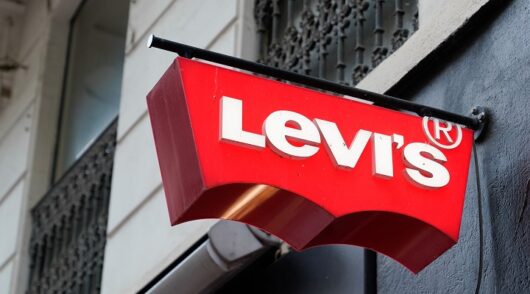Products shipped cross-border by Chinese online fast-fashion giant Shein have been found to contain toxic chemicals at rates twice the level allowed under EU regulations, according to a report prepared by Greenpeace in Germany.
“Shein’s business model relies on the lack of enforcement of regulations designed to protect the environment, and the health and safety of workers and consumers, as the company routinely violates laws,” said the organisation.
The non-profit purchased 47 products for chemical testing to be sent to an independent laboratory. Items include clothing and footwear for men, women, children, and infants bought online from Shein in different countries, including Austria, Germany, Spain, Italy, Switzerland and Germany.

According to the test results, seven (15 per cent) contained toxic chemicals that break EU regulatory limits, with five of these products breaking the limits by 100 per cent, and 15 out of 47 contain hazardous chemicals at levels of concern (32 per cent). In addition, high levels of phthalates were found in shoes and formaldehyde in a baby girl’s dress.
Viola Wohlgemuth, toxins and circular economy campaigner at Greenpeace Germany, said that using hazardous chemicals underpins Shein’s ultra-fast-fashion business model, the exact opposite of being future-proof.
“Shein products containing hazardous chemicals are flooding European markets and breaking regulations – which are not being enforced by the authorities,” said Wohlgemuth.
“At its core, the linear business model of fast fashion is incompatible with a climate-friendly future – but the emergence of ultra-fast fashion further accelerates the climate and environmental catastrophe and must be stopped through binding legislation.”
EU regulations on hazardous chemicals in imported products set strict concentration limits under the Reach Regulation for a range of harmful substances in clothing, accessories and shoes sold in Europe.
“Greenpeace is calling for the EU to enforce its laws on hazardous chemicals – a basic requirement for achieving a circular textiles economy and the end of fast fashion, as set out in the EU’s own Textiles Strategy,” added Wohlgemuth.
”This also needs to be urgently addressed through a global treaty, similar to the recently agreed UNEA plastics treaty currently being discussed, to finally tackle the giant fashion footprint.”






